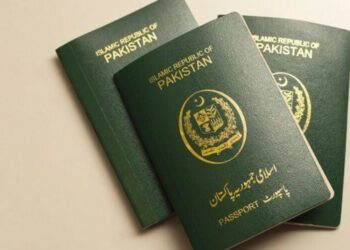There is a guiding principle in global politics that nations do not have allies, they only have interests. This is being observed by the normalization of bilateral relations between Israel and UAE and soon other Arab countries. Both countries share no geographical, cultural or religious ties but have been united by narrow interests and a common adversary in Iran.
The concept of the Ummah is an essential principle that Muslims are united as a single community. In modern times, we were given the concept of a ‘Muslim world’ which was an essentialist but misleading viewpoint. There are more than 50 Muslim-majority countries in the world today but centuries of disagreements have led to sectarian differences and numerous political and economic models.
The Kingdom of Saudi Arabia became an absolute monarchy in 1932 whereas Shia-majority Iran introduced the concept of ‘Vilayat-e-Faqih’ after the 1979 Islamic revolution. Others like Pakistan, Afghanistan and Malaysia have parliamentary democracies while some are still secular societies. There is still no common ground or agreement on what constitutes an Islamic form of governance.
These agreements are not new but span centuries of conflict and bloodshed. Just a few years after the Holy Prophet (PBUH), there was strife and conflict which shattered the unity of the Muslim Ummah. During the era of Hazrat Ali, the Battle of Camel took place which was the first civil war in Islam and subsequently the Caliphate was tuned into vast transnational empires.
In the 20 Century, there has been a wide range of political development which shows that the Muslim Ummah remains disorganized, disenfranchised and disunited.






























